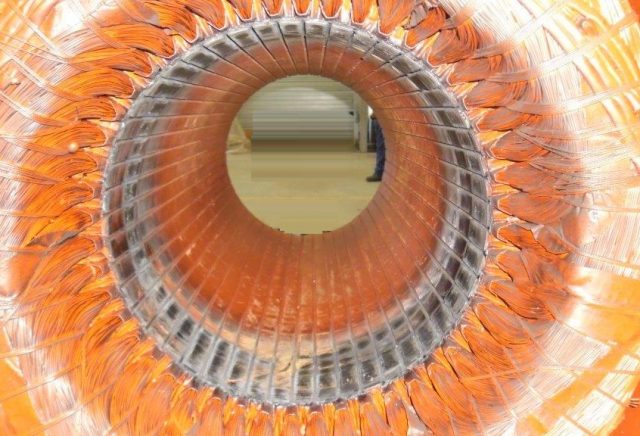Like any other power system equipment, motors need to be derated to suit a high ambient temperature. Equipment that are usually manufactured in America, UK and Europe are based on a maximum design temperature of 40◦C. For higher ambient temperatures, e.g. 50◦C as found in the Middle East, Asia and Australia, the continuous duty output power and supply current would need to be reduced.
IEC 60034-1 defines imduction motor continuous duty as Type S1. International standards recommend performance and design criteria suitable for 40◦C. However, when these standard requirements is applied to ambient temperatures above 40◦C, some additional restrictions apply. In particular aspects of full-load current, duty, radiation of heat loss and outer surface temperature shall be considered during motor selection.
Some countries, like India that experience high ambient temperatures and have a substantial local market for their own products, use national standards that set the ambient temperature to a higher value such as 45◦C, which is more practical in their circumstances. When an equipment specification is being prepared, it is recommended that the aspect of operating a motor continuously at or near its full-load rating in a high ambient temperature is highlighted.
IEC 60085 and IEC 60034-1 describe the limitations on insulating materials used inside motors (and other electrical equipment).
Most electrical machines with air or gas as the cooling medium use Class B or F solid insulation material. Where the environment is harsh, and high ambient temperatures occur, then it is advisable to specify Class F insulation materials but with a restriction of Class B temperature rise. Such a specification will inherently increase the mean time to failure of the materials since they will be less stressed.
Reference
Handbook of Electrical Engineering: For Practitioners in the Oil, Gas and Petrochemical Industry. Alan L. Sheldrake
© 2003 John Wiley & Sons, Ltd ISBN: 0-471-49631-6
